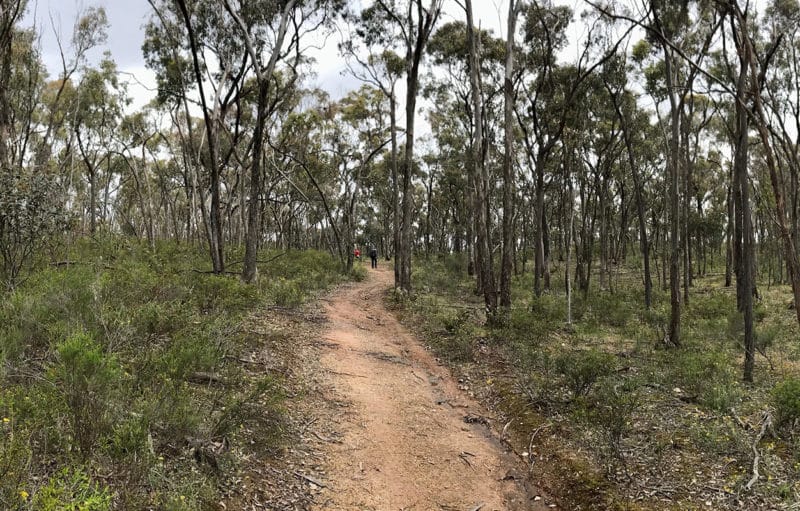MEDIA RELEASE 30 March 2023 |
The Victorian Government has been urged to list the Fat-tailed Dunnart as vulnerable, with the last surviving small marsupial of the state’s volcanic plains under serious threat of extinction.
The government’s Scientific Advisory Committee has made the grim recommendation to list the diminutive but ruthless predator as vulnerable under the Fauna and Flora Guarantee Act.
Environment Minister Ingrid Stitt and Agriculture Minister Gayle Tierney are expected to make a decision on whether to accept the committee’s recommendation by the end of April.
The 15-gram Fat-tailed Dunnart shelters under rocks, fallen timber and in cracks in the ground.
They store fat in their tail as an energy reserve, much like a camel’s hump. They are known to share a nest with mice to keep warm over winter, but then turn on their bedfellows and eat them.
The dunnart is from the same family as the Tasmanian Devil and quoll.
PhD researcher Emily (Millie) Scicluna has led the charge to list the dunnart as vulnerable.
“The situation is critical. Without listing the Fat-tailed Dunnart as vulnerable, we could lose yet another precious Australian marsupial to extinction,” she said.
“After that crucial first step, we need an action plan to save the dunnart within six months and a commitment to crunching long-term data to work out where its strongholds are.
“In under 200 years we have decimated the once-bountiful grasslands of the Victorian Volcanic Plain after traditional custodians cared for the environment for 60,000 years.
“We have destroyed habitat, introduced predators, poisoned and hunted the fauna that they are home to. This has taken a grave toll on the continent’s native animals.
Grassy Plains Network facilitator Adrian Marshall issued a dire warning about the dunnart’s habitat.
“The Victorian Volcanic Plains were once home to bandicoots, potoroos, quolls, bilbies, marsupial mice and more,” he said.
“The vast majority of these never-to-be-seen-again creatures relied on grassland habitat. The last surviving small marsupial of the grasslands is now on the road to extinction.
“Fat-tailed Dunnarts can thrive in degraded grasslands and on grazing land. But faced with a changing climate and economic factors, Victorian farmers are under pressure to switch from livestock to cropping.
“This brings rock and shelter-belt removal, ploughing, drainage modification, fertilising, biocide use and unnatural burning regimes.
“These activities, along with Melbourne’s urban sprawl and rapid expansion, are a death knell for the dunnart.”
For comment:
- Emily Scicluna, PhD researcher, 0401 599 640, [email protected]
- Adrian Marshall, Facilitator, Grassy Plains Network, 0413 757 173
